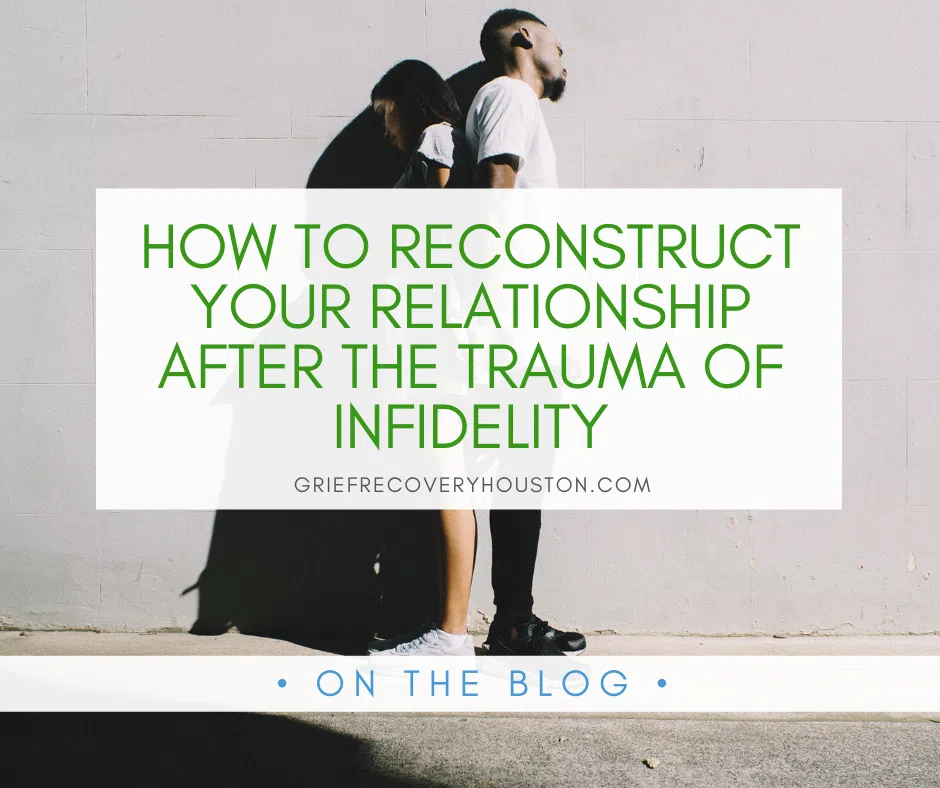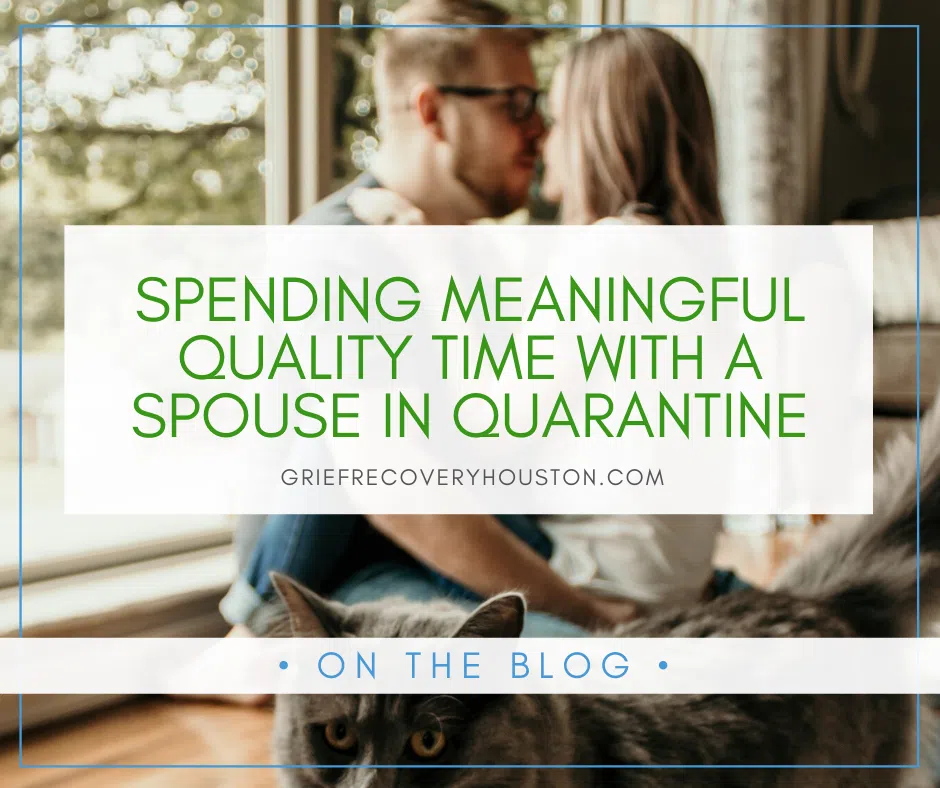- Unpacking Grief and Disability - July 8, 2024
- Breaking the Stigma: 5 Blogs to Better Understand Suicide - May 21, 2024
- 4 Tips for Better Sleep Hygiene - March 4, 2024
What is the relationship “honeymoon phase?”
When you’re in the honeymoon phase, everything is exciting. You’re always feeling that spark with your new partner. You’re always wanting to be around your new partner, always thinking about them. When you’re together, you’re always touching, always flirting. You’re probably having frequent and exciting sex, and maybe even marveling at the compatibility between the two of you.
This period is usually the first few months of the relationship, depending on how quickly your relationship goes from “dating” to “committed” (whatever that means for you and your partner.)
In the honeymoon phase you’re still getting to know each other, still largely living separate lives.
 The honeymoon phase feels great. That excitement and spark in the beginning of a relationship is one of the many things you get to enjoy when you make space for someone new in your life.
The honeymoon phase feels great. That excitement and spark in the beginning of a relationship is one of the many things you get to enjoy when you make space for someone new in your life.
So when the honeymoon phase ends, it can feel like you’ve really lost something. It’s like a bubble has popped, and it can sometimes leave you wondering if the relationship is as good as you thought it was.
It’s common for the ending of the honeymoon phase to bring on all kinds of uncomfortable feelings. It can add stress and anxiety to the relationship, or bring up feelings of stress and anxiety around your sex life. It can feel like you’re suddenly butting heads with someone who you were recently very in sync with. And that can then lead to feeling misunderstood or like you’re constantly asking yourself what you’re doing wrong.
What’s really happening when the honeymoon phase ends?
Your relationship is no longer on vacation, it’s part of your daily life. You’re entering the phase where a relationship officially moves from “dating” into a partnership.
Basically: the context of the relationship has changed.
It’s not the escape it may have been when the dating began–now, it’s a crucial building block to your life. Intimacy is increasing, even though it can sometimes feel like a loss of intimacy, especially if the frequency of your sex life starts to change. For a lot of people, intimacy is sex–but when someone starts to become part of your regular daily life, someone you build an intentional life with, intimacy comes in other ways, like when you make space in your relationship for honesty, and vulnerability.
 When the honeymoon phase ends, it’s common for our attachment fears to be activated within the relationship. When suddenly our relationship is taking more work because you’re needing to work through those fears with your partner, it can seem like the relationship isn’t as “easy” as it used to be. Which can be true but that doesn’t necessarily make it bad–because you’re getting a stronger relationship in exchange for that work.
When the honeymoon phase ends, it’s common for our attachment fears to be activated within the relationship. When suddenly our relationship is taking more work because you’re needing to work through those fears with your partner, it can seem like the relationship isn’t as “easy” as it used to be. Which can be true but that doesn’t necessarily make it bad–because you’re getting a stronger relationship in exchange for that work.
What can you do to manage it when the honeymoon phase is over?
First, let yourself grieve it
That’s fine–you can be sad it’s over. It was a fun vacation! No one likes going to work after an amazing vacation and you just had the best of them all. Take time to appreciate what it offered you and which parts of it meant the most to you.
Don’t stop dating:
It’s not going to be like the beginning where you might be going out all of the time, but keep planning dates together! Make it part of that routine you’re adjusting to. If you don’t make space for romance, of course it won’t have a place with you!
Practice vulnerable communication:
Often when conflict comes up within our most intimate relationships, we’re poking at old wounds we may not even know we have. When taking time to address conflict, try to remember that your partner may be having an entirely different experience from you. Make space for both. Recognize the intimacy involved in being honest about your feelings–this is one of the ways intimacy evolves from the blissful excitement of the honeymoon phase to the trust of a lasting relationship.
If you miss something, ask for it:
Maybe you miss having sex as much as you used to, or how often you would have dinner with other couples, or how you always found the time to go away for the weekend.
Ask yourself: what is it about those honeymoon phase habits that you miss? Is it really going out all of the time or going away on more trips? (It’s fine if it is! It’s just important to get to the root of what you’re missing). Or maybe you just miss feeling like a priority to your partner.
Whatever it is, how can the two of you find time and space within your relationship to bring some of what you miss back?
Are you looking for more ways to improve the ways you tend to mental health needs while in relationships? Working with a couples counselor in Houston can give you new insights into your relationship patterns and tools to improve your connection. Get in touch with us today to get started!






No comments yet.